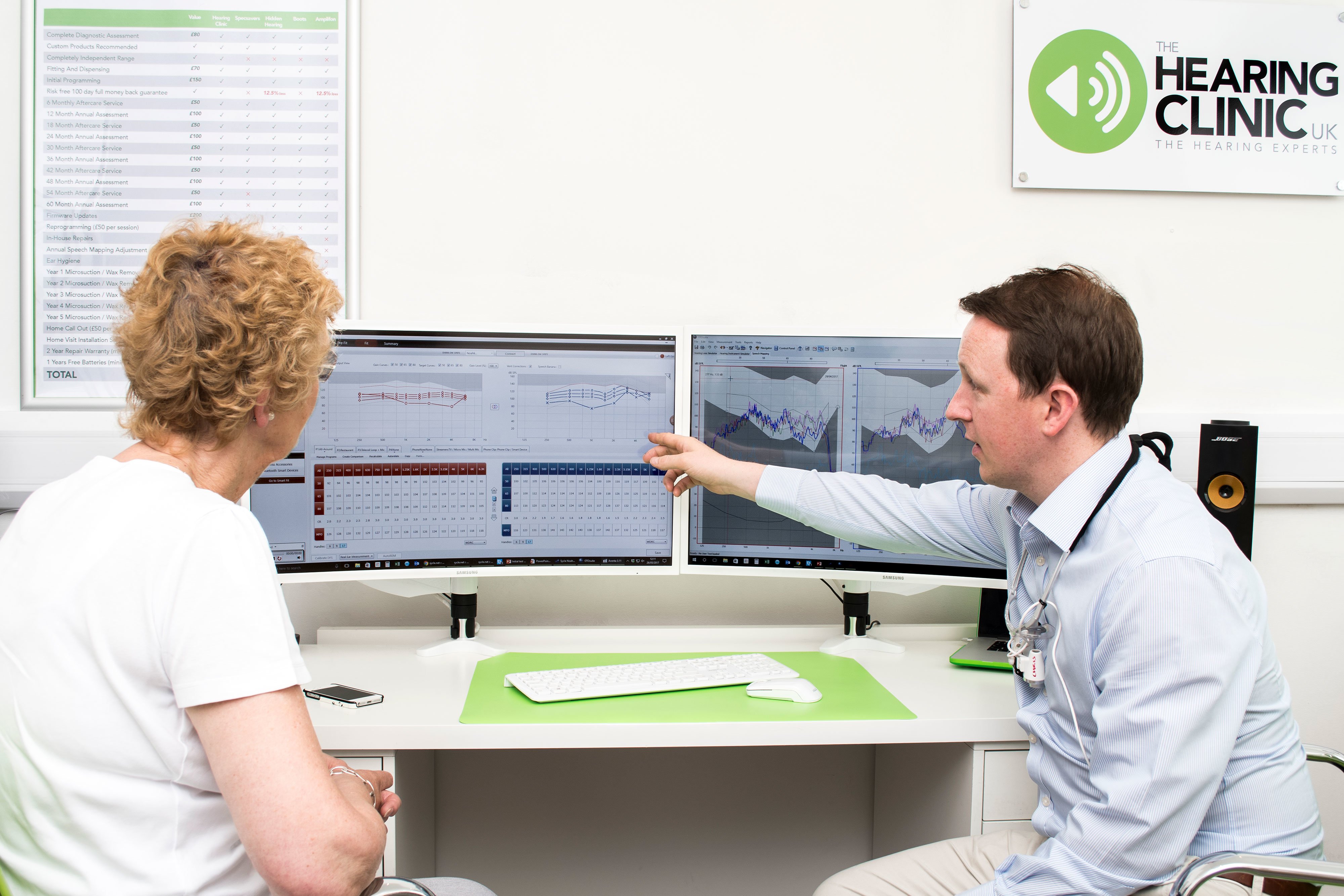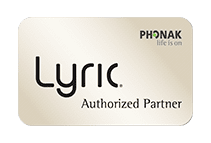Common Mistakes when buying Hearing Aids – 1. Not taking the time to do it rightThis statement seems elementary, but you would be surprised by the amount of people who purchase a hearing aid without undertaking an proper, evidence based assessment and spending time to ensure the hearing aid really is the best match from the options available.You know the manoeuvre that many do when shopping for beds? Pushing down on the bed with their hand and expecting the heavens to open and light to shine upon the mattress in some form of affirmation. It’s silly, really. People lying across the bed with feet hanging over the side.
Sounds silly but a similar thing happens when many people buy a hearing aid – they have them placed in their ears, switched on and asked “how does that sound?” – the answer is normally “wow that’s louder”. Of course it is, but is it actually giving the maximum benefit that it possibly could? Another question is how the hearing aid will perform when there is other noises in the environment such as a car or a restaurant.
Without testing in these conditions the only way to find out would be to wear the aid and report back to the audiologist, and this takes time and energy that could be easily saved.Click Here To Download Your Free E-bookHelpful TipsEnsure the hearing aid specialist understands the environments you have trouble hearing in:
- Consider the noisy places you go to.
- Ensure that the hearing aid is verified with soft, moderate and loud speech
- Ask the hearing aid specialist to perform a speech clarity assessment in quiet and with noise present to ensure your aid will cope when you leave the quiet setup of a clinic room.
Optimising your hearing may take time so ensure you visit a specialist that is happy for you to return for adjustment appointments.
Recent reports suggest the success you get with hearing aids is largely dictated by the expertise of the hearing aid specialist you visit and not the particular hardware you wear on your ears.
A mid-range hearing aid that is well tuned will significantly outperform a top of the range device that has been badly tuned.
Look for specialists that encourage you to test their solutions and give the freedom to take as much time as you like.
- Does the specialist make you uncomfortable through the consultation process?
- Are they pushy and feel overpowering?
- Do they offer demonstration sessions to let you weigh up the benefits of different hearing aids?
If the answers to the questions above are not positive, you should consider the establishment you are in.Download your free e-book to find out more about the 7 common mistakes people make when purchasing hearing aids:[uncode_block id=”51138″ inside_column=”yes”]






